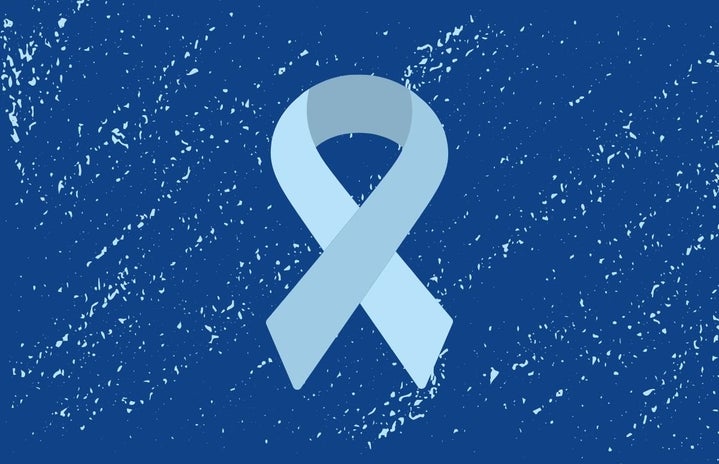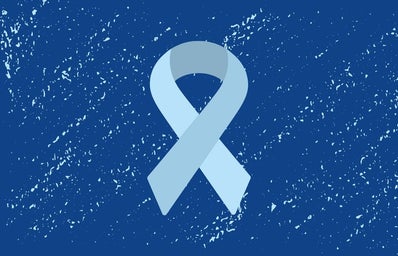Every year in September, we honor Suicide Prevention and Awareness Month. This month advocates for the prevention of suicide and calls attention to those who have taken their own lives. It is also a time to pay respects and offer support to the friends and family members who have lost someone to suicide. Checking on our neighbors, family and friends is emphasized all the more.
However, spreading awareness is more important than ever this year, considering the chaos the pandemic continues to leave behind. We’ve heard this all year: 2020 has been an extremely challenging and chaotic year for many. Physical distancing, mask wearing and isolation have been the new normal to prevent the spread of COVID-19. Not only that, living in quarantine often leads to a change in sleeping patterns— whether this means sleeping less or sleeping too much.
In short, living in quarantine through a pandemic has made it a stressful time for everyone. It makes it easy to lose motivation and maintain productivity— from trying to complete schoolwork to completing basic tasks, such as taking a shower or brushing your teeth. Social isolation can magnify mental health struggles even further, as well as more serious conditions such as eating disorders and anxiety, which are factors that contribute to suicidal tendencies. The CDC published a report that analyzes mental health trends and the increase in suicidal ideation during 2020. The CDC states in this report that “during late June, 40% of U.S. adults reported struggling with mental health or substance use.”
As the school year comes back in session, students return to a new reality. They find that their friends and classmates suddenly can’t come back for the semester due to financial losses caused by the pandemic, and online classes bring a new wave of uncertainty and stress. These online classes can cause more students to choose not to return to campus, and those students who do come back online may have problems finding their own study space to use at home. Finally, with physical distancing and other limitations on social events normally taking place on campus, students find it hard to see their old friends and classmates. Favorite spots on campus have closed down, temporarily or permanently, and the spots that remain open operate on limited hours. Networking with classmates, professors, and potential employers becomes difficult when everything is moved online. This uncertainty coming back to campus has had a heavy impact on many, and it is not a surprise that the pandemic has taken a toll on everyone’s mental health. Some people can hide the negative impacts much better than others, but for some students with previous mental health issues, the pandemic has made those issues much worse. If a negative mental state is left unaddressed, it could lead to bigger problems. These changes can result in a more noticeable cry for help, but in some cases, it is not as noticeable, making suicide awareness and prevention critical.
This year has been rough, but after a hurricane comes a rainbow. Advances in medicine signify that the end of the pandemic is near, and the new year brings many new beginnings. We have all been challenged to make our mental state and wellbeing a top priority. This has opened up many tough discussions on mental health, and hopefully, in time, will help break the stigma. Check up on others, send them a message to ask how they are doing, even if you haven’t talked to them in a while or they seem to “have it all together.” Everyone could use the support right now.
One’s experiences with mental health vary from person to person, and everyone has their own battles to fight. Throughout the rest of 2020, people can take action to help each other beyond wearing masks and staying 6 feet apart by offering support, starting a conversation on mental health and breaking the stigma.
Telehealth and virtual counseling have become increasingly popular amid the pandemic. You can check your campus resources and student health center for more information about counseling services for students. Be sure to look for a calendar of virtual activities your campus has to offer.
There are tons of mental health resources advertised online and on social media. If you would like to learn more, check out the link below, but I challenge you to do further research on mental health and suicide awareness.
If you are in need of assistance, contact the Suicide Prevention Hotline: 1-800-273-TALK (8255)
More information on Suicide Prevention Month
Signs to look for when checking on loved ones
—
Edited by Kasey Barrow



